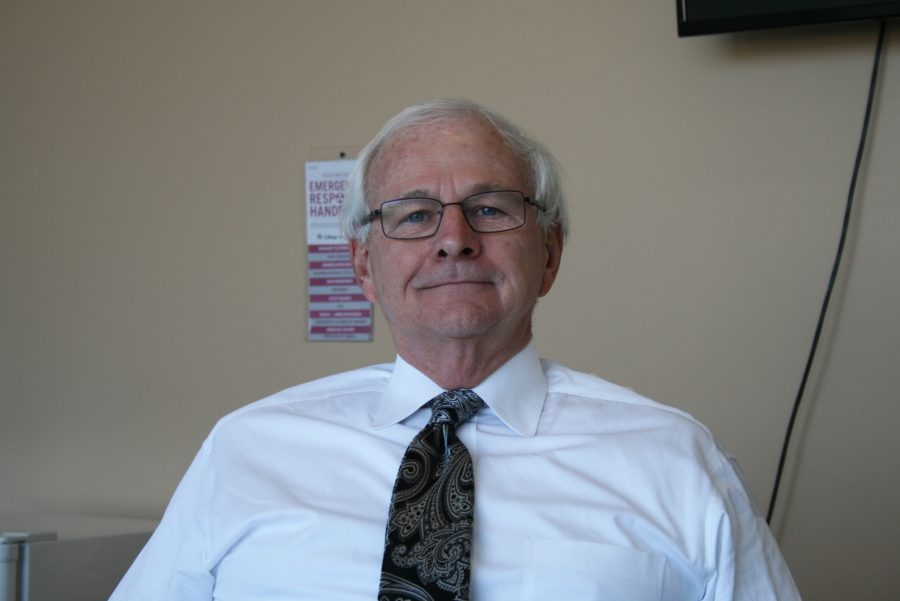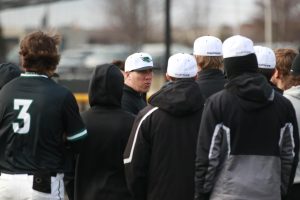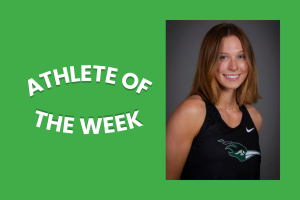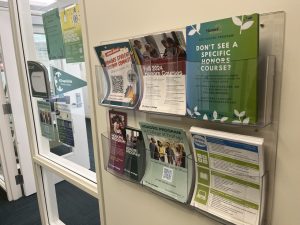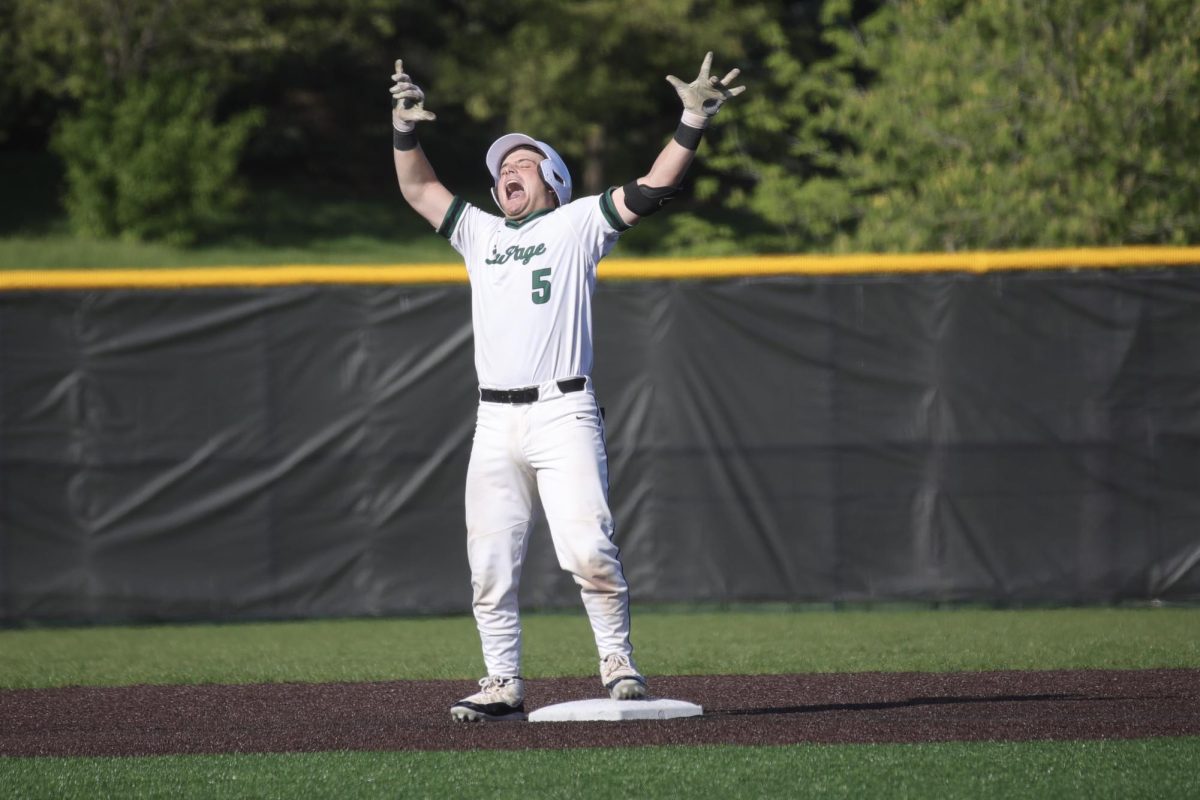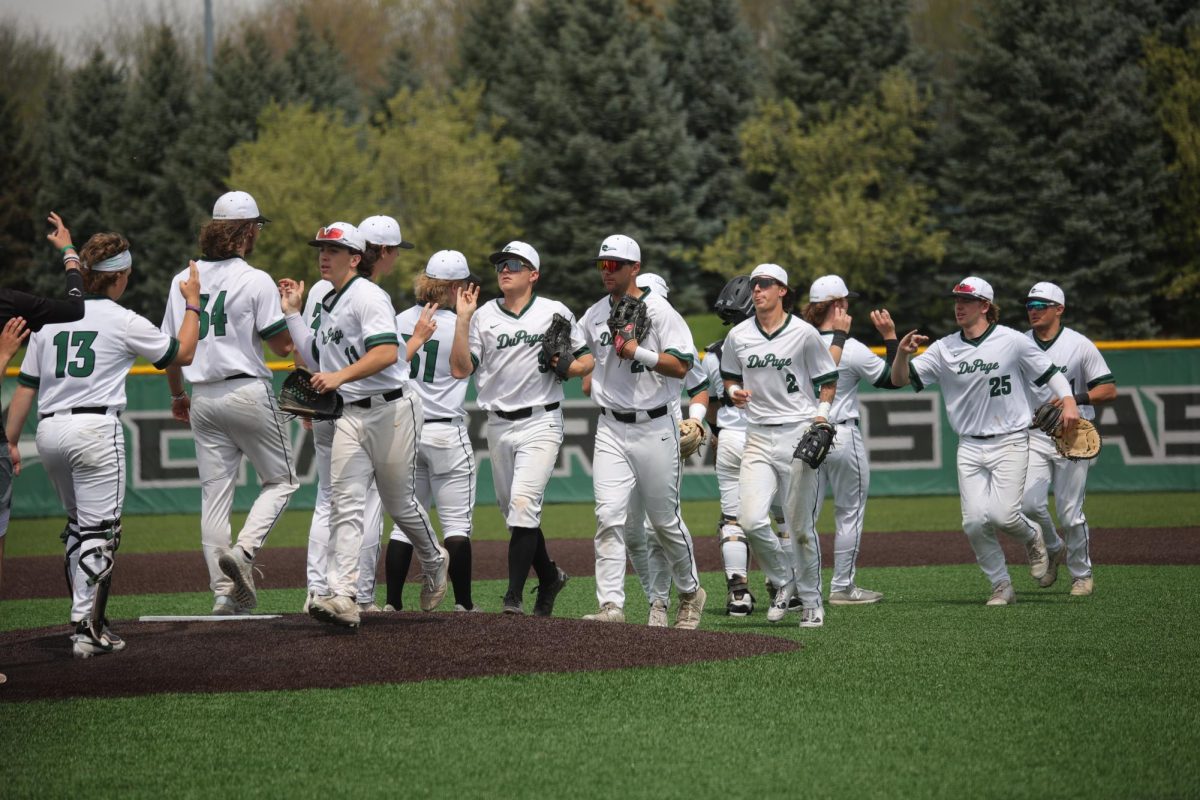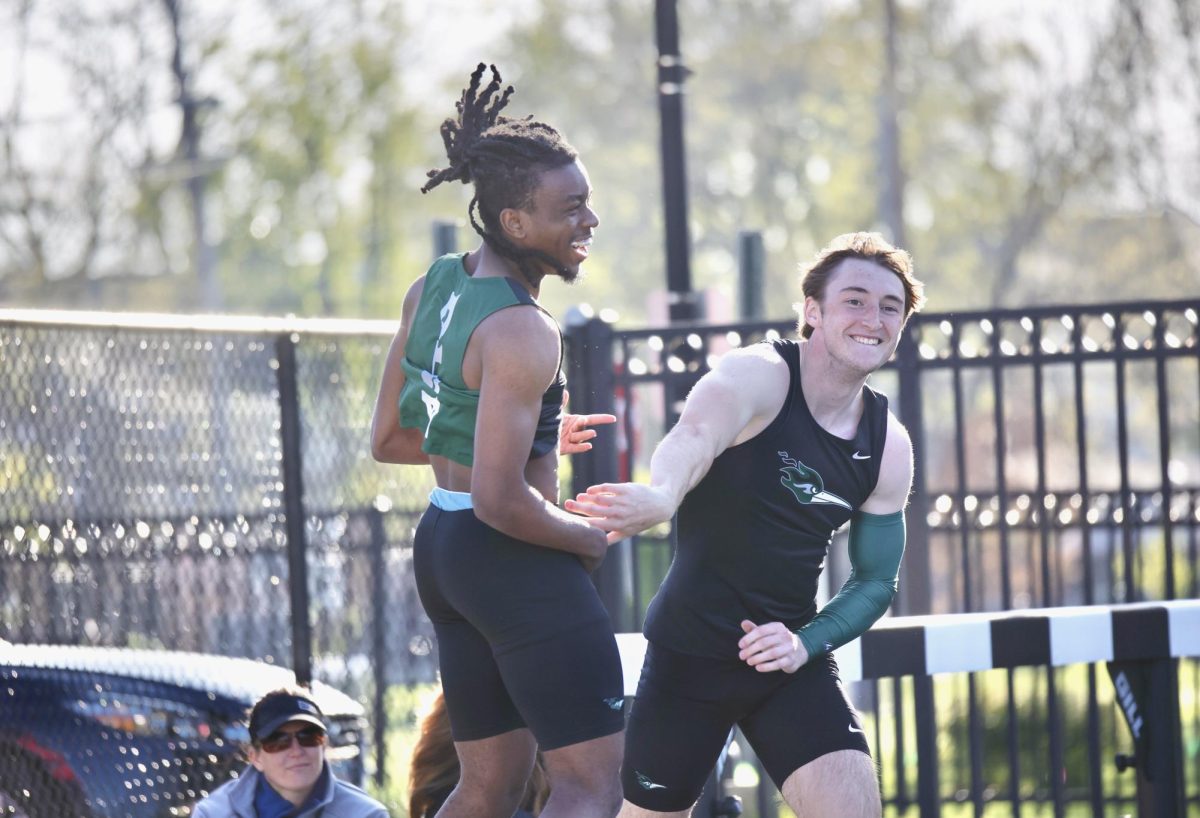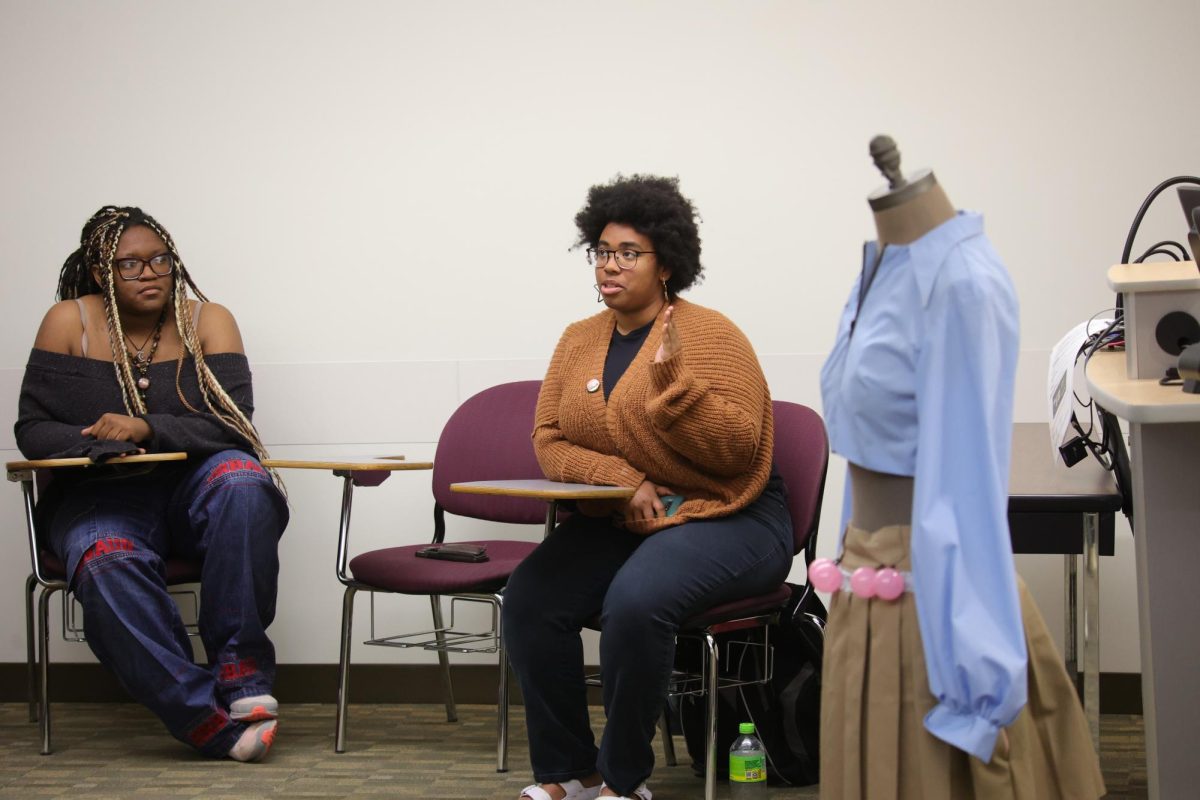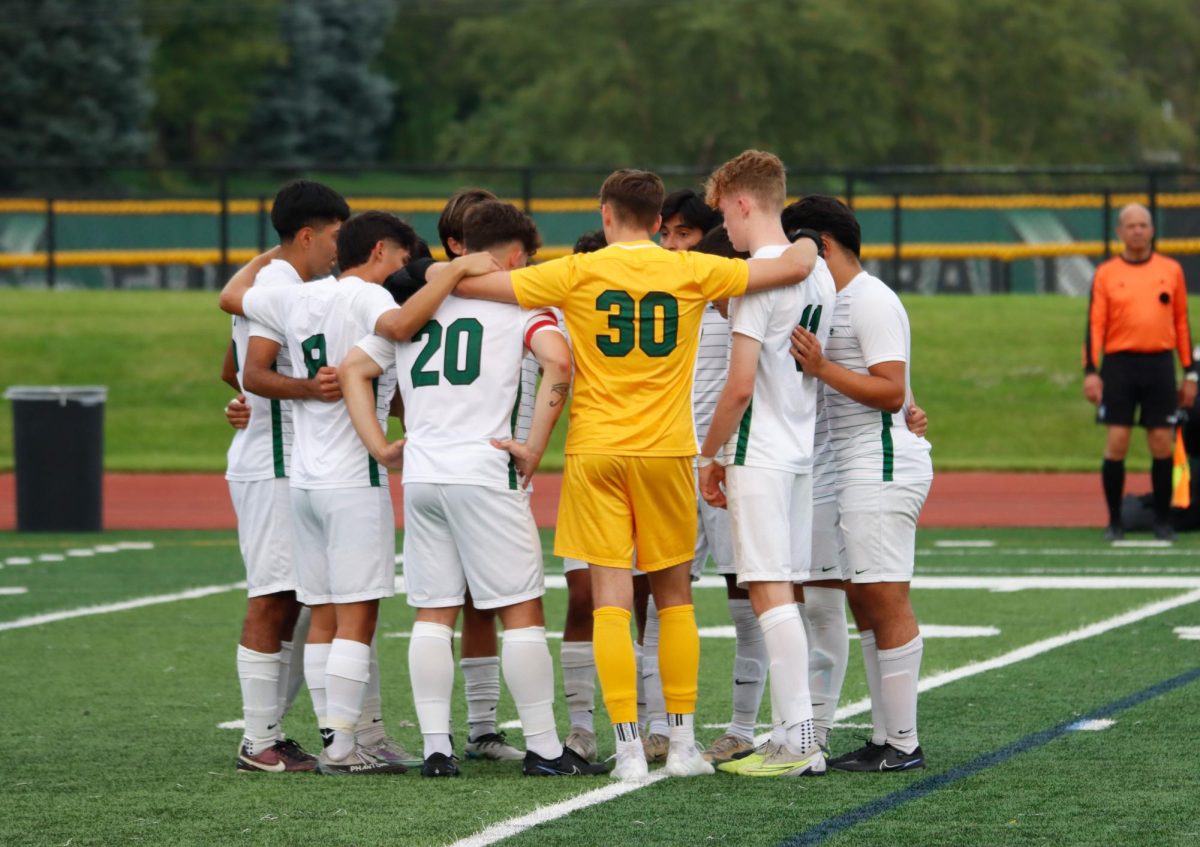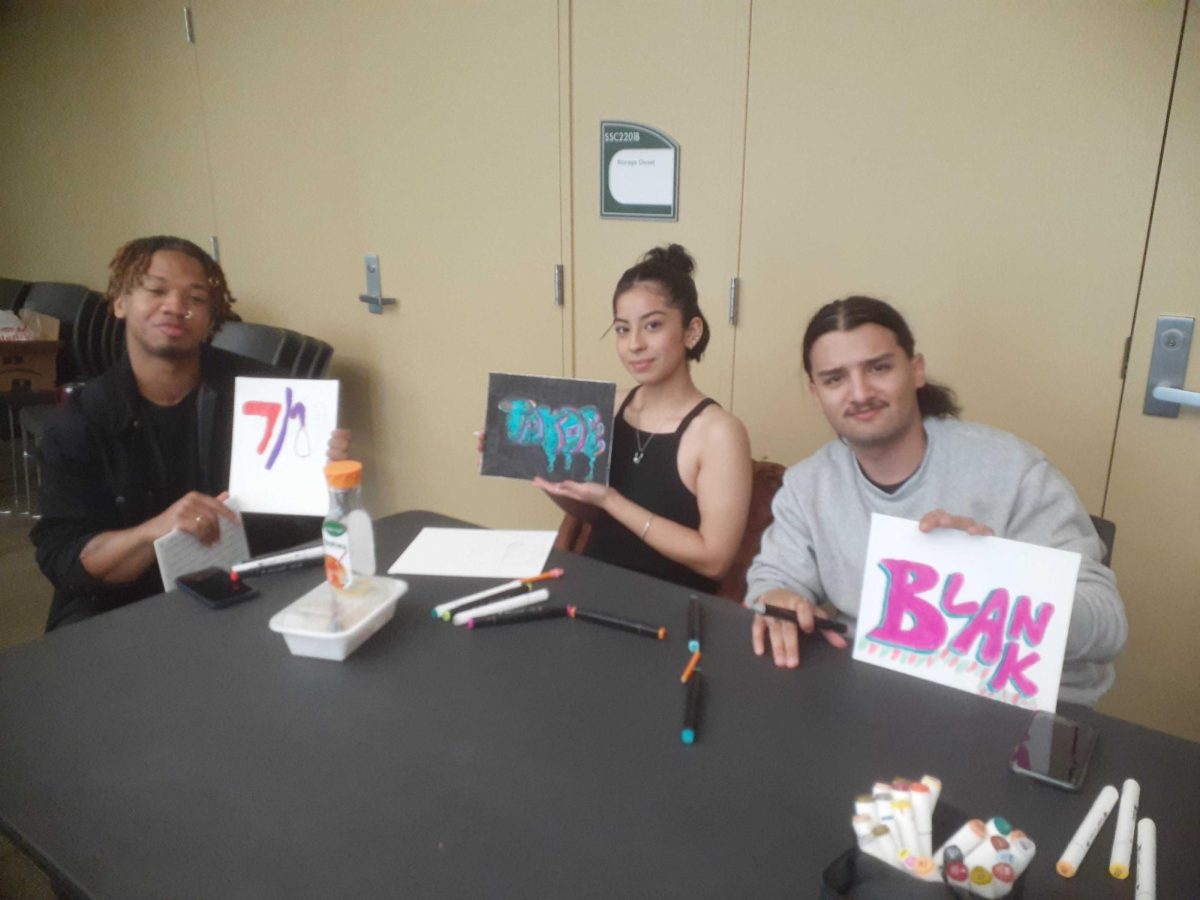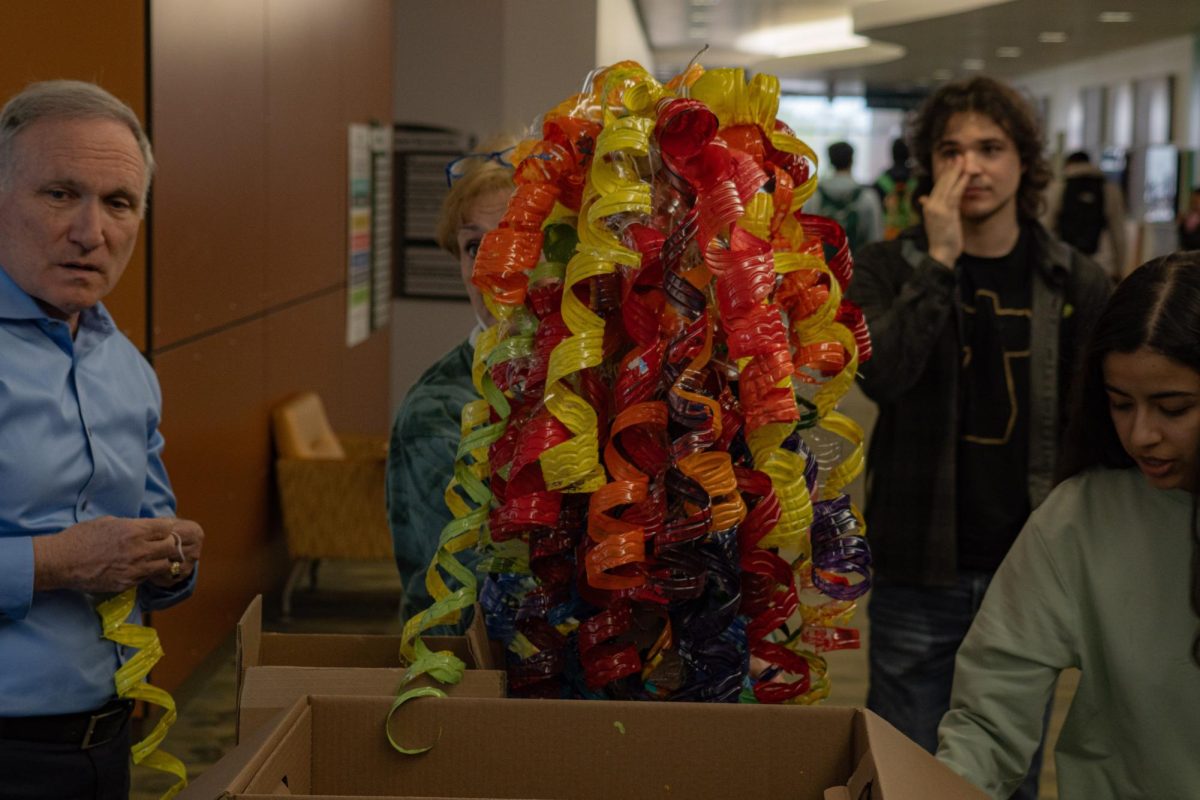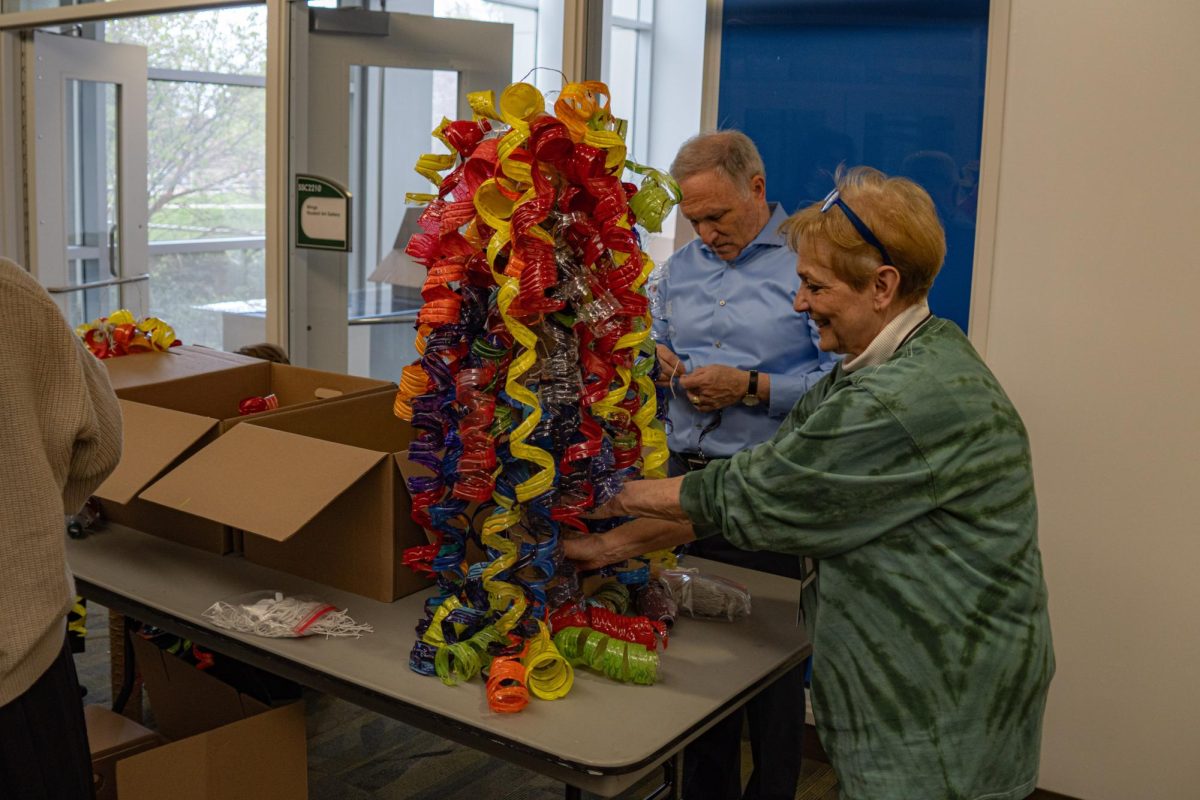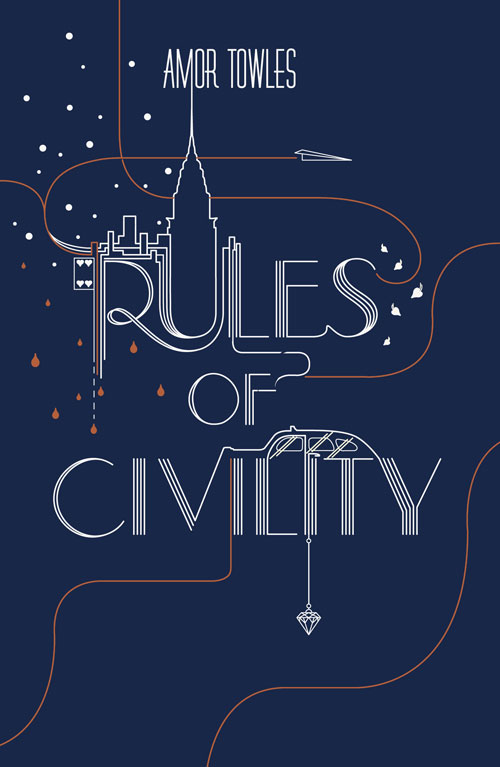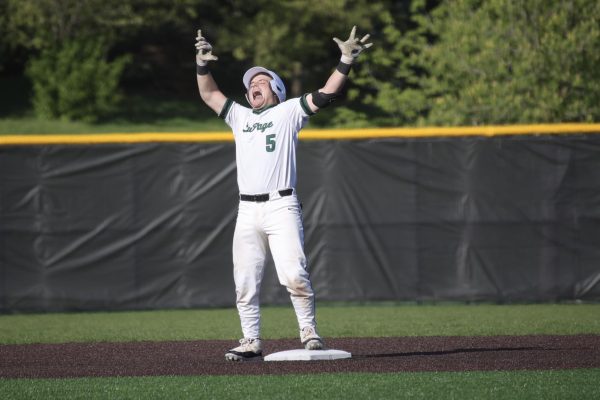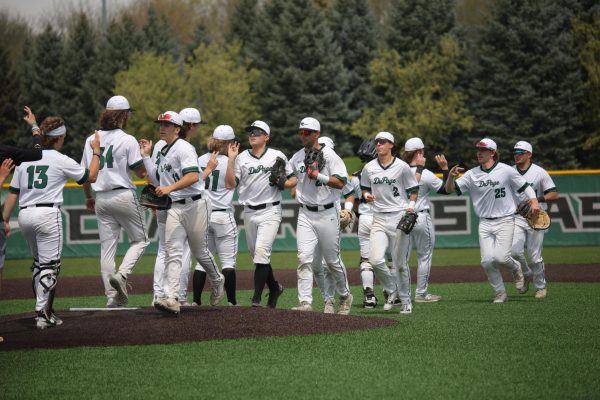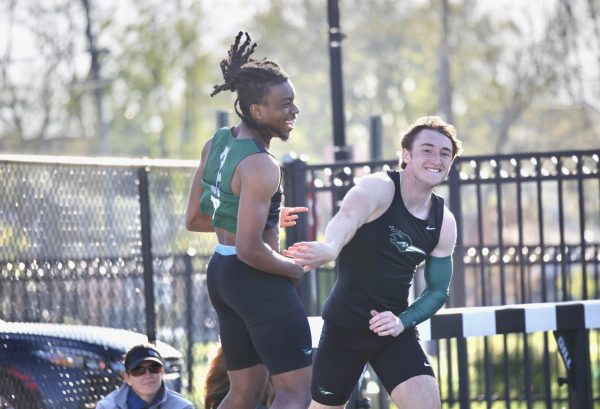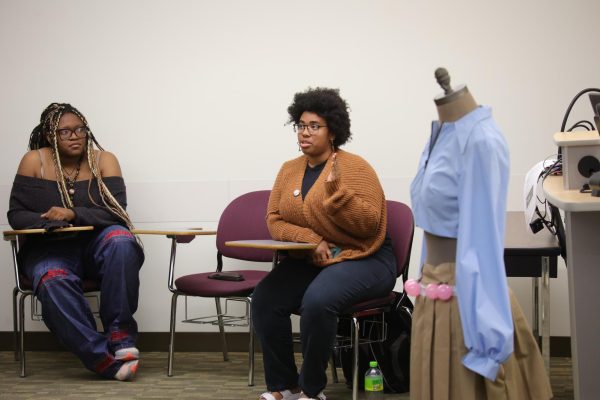Q and A with Earl Dowling: Guiding us to our “North Star”
March 16, 2017
Kitt Fresa: Can you run me through a typical day at your job?
Earl Dowling: The best part about my job, I do not have a typical day. I have a calendar that was setup days in advance. You come into the office, meetings; something’s come up; student needs to see me. That’s the fun part, there is just not a typical day.
KF: What are the functions here at the office of student affairs?
ED: Well student affairs division, over 200 people, counting student employees. Over $19 million, near $20 million in the budget, and the thing that we like to say in student affairs is that we touch every prospective student whether they were in high school, in the workforce, the military. We get to touch, figuratively speaking, from the time they think about college, through every day that they’re a college student, when they finish, during their free time. I go to the fitness center in my noon hour. Students, athletics and the fitness center reports to me. So student affairs touches all the students over there. Whether they finish and complete why they came to College of DuPage in the first place, in one semester, one year, two years, three years, and they walk across the stage with a certificate for a degree, or they enter the workforce with a promotion or a new job. That’s what we do.
KF:What kind of decisions have you made that affected students in a big way?
ED: I don’t unilaterally make decisions. What we do as a division is that we use the strategic long-range plan as our North Star. What do I mean by that? That’s our guide. That strategic plan, we went through all the constituents groups on this campus, signed off on by the president, adopted by the college’s board of trustees. This is our North Star, and so the department heads and I sit around this table, and we make sure that our policies and our practices are aimed toward that North Star, the strategic plan. We may make a decision, such as comfort dogs. It doesn’t sound like a big deal, but for a number of our students they are. The registration decisions, we made a decision that when the federal financial aid rule changed, and college universities could start awarding aid earlier, many community colleges in our area decided they weren’t going to do that. We said, “no.” Our strategic plan calls that making College of DuPage affordable, points toward our North Star. We’re one of the few community colleges to award financial aid on the federal schedule, which was a brand new schedule. You had to re-tool your computer, and all of that stuff so, there are large decisions, medium decisions, small decisions, some students know about. Some are, thank goodness, transparent to students that doesn’t make any difference to them. We think that the decisions we make are for the better, but, regardless, it all points toward that North Star.
KF: So what are your main objectives as vice president of student affairs?
ED: We want, I want, but I, personally, I want College of DuPage to be known as a welcoming campus. I believe that it is. I want to keep it that way. I want students to, this is going to sound a little silly, I want students’ chest’s to swell as soon as they get on this campus. This is my college, and I’m going to get something out of this. We have students on this campus, and I see them out here in the living room everyday. We’ve got students on this campus that had all the advantages in high school. Every advantage that you could think of, they got it, and they’re here, and they’re on their way to doing something else. I’ve got students that didn’t have a dime growing up, and we treat that individual just like the one that had all those advantages. That’s what I want to do in student affairs. You’ll feel a pride about this place, so that when it’s all done you’re going to tell me the same thing that two graduates told me. One is a physician down south, way out of state. Started at College of DuPage because he didn’t quite know what he wanted to do. Bright guy, good test scores, good high school. He just didn’t know exactly what he wanted to do. So he came here and went through College of DuPage, got his bachelor’s degree, went through med school and is now, I think, an emergency room physician. He told me in a telephone conversation, College of DuPage was the best education he got, and he’s now a doctor.
So I’m having breakfast the other morning with an attorney, started at College of DuPage. Went through here, undergraduate and then an area of law school, and told me at breakfast it all started here.
My last example, I have a guy who just rocked the socks off test scores, bright guy, and you’d think this guy is going to be a nuclear whatever. He wanted to own his own automobile garage. Well, guess what? Today in this area he owns an automobile garage, right here. That’s what’s exciting about student affairs; I get to see all this.
KF: What do you report to the president?
ED: I keep the president informed. I like hanging around the living room. Today I played a hand of cards, Uno. The other day I played a game from Pakistan. The students won’t admit it, but I cleaned up. When they read this they’ll say, ‘No Way.’ I cleaned up. No money.
I tell the president about what I’m hearing, what I’m sensing. She will ask me how are things going. My department heads are closer to students than I. You’re the first student I’ve seen this week. I don’t see a lot of students, except when I go out there. My department heads see them every day, and so when they pick up on something, when they find out students are under stress, or that our students are concerned about something, or our students are happy, then they tell me, and I pass it on to the president. The big thing, the thing I probably get paid to do, is that when the president’s cabinet sits around the cabinet table and starts talking about college direction, and college procedures, and college practices, and college policy, and all of that. Everyone around the table will, of course, express their opinion, and they are all student friendly, and they’ll give their idea. My perspective will be from the students’ point of view, because I’m the only vice president that has the word “Student” in his or her title.
KF: So how has the MAP Grant situation last year affected this year?
ED: This is probably the most frustrating part of the past couple years. We have students that are entitled to the MAP Grant. The State of Illinois will not fund it. Well, for us that’s anywhere in the neighborhood of a $2 million to $3 million shortfall. So thank goodness we have for our neediest student; for those Illinois students that are really, really needy. Last year when the State of Illinois did give us the MAP money late, then we went through all of our files, found out which student would have been eligible for the MAP Grant, and then we sent them a check. So we gave them the money back, but the frustrating part is that’s way down here in the calendar, when really we want to give it to the students way up here. This budget impasse on the State of Illinois, and its effect on our MAP students is just mind boggling.
KF: Is it possible tuition could increase or decrease next year?
ED: Well, anything’s possible of course. The board meeting is next week, and we had a good committee meeting last week talking about tuition. The board of trustees will receive a recommendation, and they’ll make their decision, I hope at the Thursday Board Meeting.
What else would you like the students to know about you and what you do for COD?
I’ve spent my entire career on a college campus, never ended. Once I entered a college campus as an undergraduate I never left. I spent most of my career at very, very large research universities. If I were going to do it all over again, and if I were going to advise someone just coming out of college who wanted to work in my line of work,community college is where the action is. I know students out here. At the fitness center I’m on the bike, students walk by. They probably don’t know my name; they see me around. I think that working here where you have a kind of personal relationship, if you will, with college students. I mean, you and I don’t know each other, but if we see each other in the living room we’re probably going to say, ‘Hi,’ and the fact that you’ve reached this point in my career, and I’m still having the time of my life and enjoying myself where I don’t mind my hour commute each way. Because I’ll get here, and some student will say, ‘Hey, how’re you doing?’ Not because they know who I am, they just know that I’m around. So I like to think that’s the fun part about being a vice president for student affairs.


